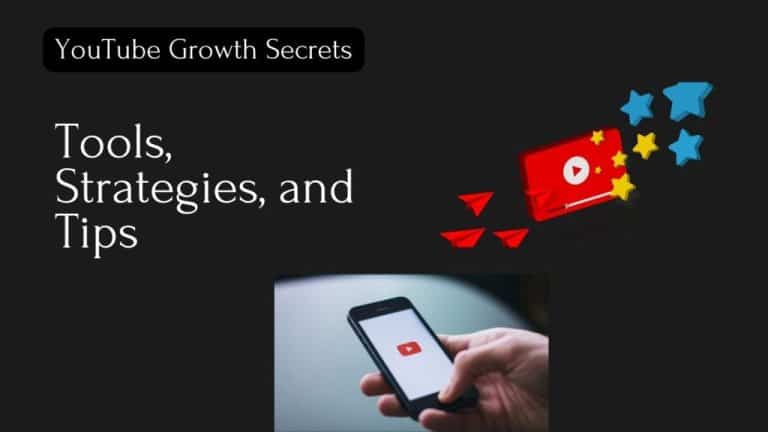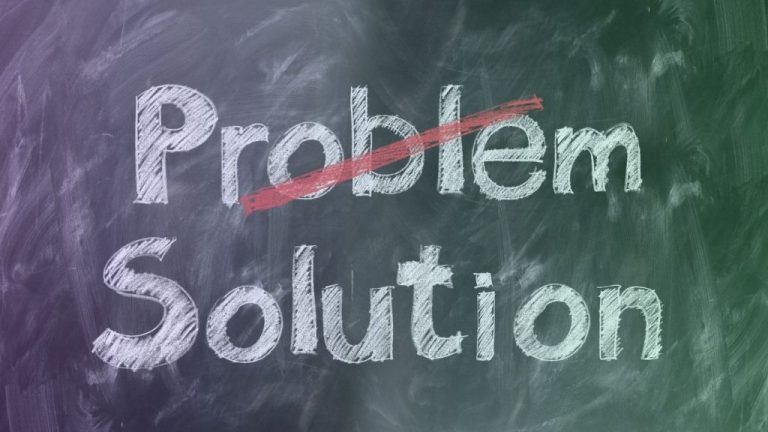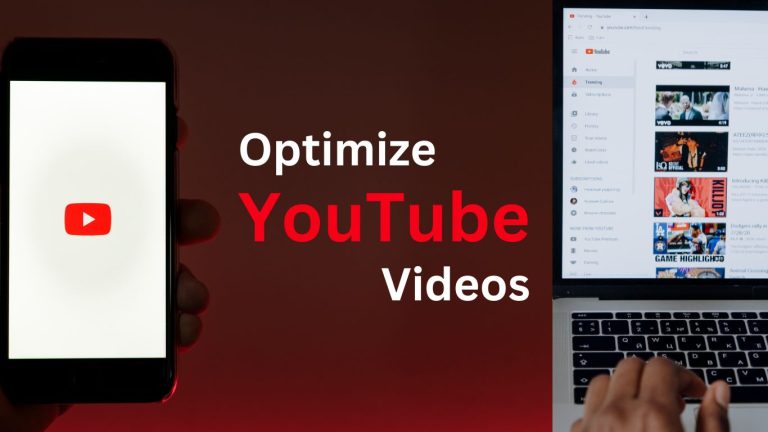Top SEO Signals for Improved Ranking
SEO ranking factors for 2024:
If you’re looking to boost your website’s visibility on search engines, understanding the top SEO signals is essential. These signals are like the secret sauce that can propel your site to the top of search results. In this comprehensive guide, we’ll delve into the world of SEO and explore the key signals that can help you achieve a higher ranking. From on-page SEO techniques to the importance of quality content, backlinks, and user experience, we’ve got you covered.
On-Page SEO Signals
Title Tags
Title tags are your website’s first SEO Signals and impression on search engines and users. These brief snippets summarize your content and play a crucial role in your ranking. To optimize your title tags, ensure they are not only keyword-rich but also engaging and relevant to your content. Craft titles that entice clicks and provide a glimpse of what readers can expect.
Meta Descriptions
Meta descriptions are such SEO Signals which are like the cover of a book; they give potential readers a sneak peek into your content. They should be concise, informative, and, of course, contain relevant keywords. A well-written meta description can significantly improve your click-through rate and, consequently, your ranking.
Header Tags
Header tags are another important SEO Signals which structure the content, making it easier for both search engines and readers to understand. Proper use of header tags, such as H1, H2, and H3, helps search engines identify the main topics on your page, boosting your chances of ranking higher. When crafting header tags, make sure they accurately represent the content that follows.
Quality Content
Keyword Optimization
Keywords are the backbone of SEO. Extensive keyword research is crucial to identify the terms your audience is searching for. Once you’ve selected your keywords, integrate them naturally into your content. Avoid keyword stuffing, as it can harm your ranking. The key is to create content that’s valuable, informative, and enjoyable to read while incorporating your chosen keywords seamlessly.
Content Length
While quality should always take precedence over quantity, among the SEO Signals longer-form content often performs better in search results. Google tends to favor comprehensive, in-depth articles. However, it’s essential to strike a balance; don’t add fluff for the sake of length. Make sure every word contributes to the reader’s understanding and engagement.
Backlinks – the strong SEO Signals
Types of Backlinks
Not all backlinks are created equal. Some carry more weight and authority than others. Focus on acquiring high-quality, authoritative backlinks from reputable sources. These links are strong SEO Signals for websites that can significantly boost the site’s credibility and, in turn, your ranking.
Link Building Strategies
Effective link-building strategies involve outreach, guest posting, and creating shareable content. Building a diverse backlink profile is essential. A combination of guest posts, social sharing, and natural mentions can improve your site’s visibility in search results.
User Experience and Page Speed
Mobile Optimization
With the majority of internet traffic coming from mobile devices, it’s crucial to have a mobile-friendly website. Google rewards mobile-optimized sites with higher rankings. Ensure your site is responsive and offers a seamless experience on smartphones and tablets.
Page Speed
Page speed is a critical factor in SEO. Users expect websites to load quickly, and Google rewards fast-loading pages with better rankings. Compress images, reduce unnecessary scripts, and leverage browser caching to improve your site’s loading times.
Social Signals
Media Engagement
Social media signals, such as likes, shares, and comments, are also strong SEO Signals which can impact your SEO. Engage with your audience on social media, share your content, and encourage discussions. The more people interact with your content, the more likely it is to be seen and shared, positively affecting your search ranking.
Social Sharing
Encourage readers to share your content by including share buttons on your site. Make it easy for visitors to spread the word about your articles, products, or services. Social sharing can lead to increased visibility and, ultimately, better rankings.
Technical SEO Signals
XML Sitemaps
XML sitemaps help search engines crawl and index your site effectively. Create and submit sitemaps to ensure that all your content is discoverable by search engines. This improves your site’s chances of ranking for relevant keywords.
Schema Markup
Schema markup, also known as structured data, enhances the way your content appears in search results. Implementing schema markup can result in rich snippets that attract more clicks. It’s a small but effective way to improve your ranking.
Local SEO Signals
Google My Business
For businesses with physical locations, optimizing your Google My Business profile is essential for local SEO. Ensure your business details are accurate, and encourage customers to leave reviews. Positive reviews can boost your local search ranking.
Online Reviews
Online reviews play a vital role in local SEO. Encourage your customers to leave reviews on platforms like Google and Yelp. Respond to reviews, both positive and negative, as it shows your commitment to customer satisfaction and can enhance your online reputation.
Analyzing SEO Signals
SEO Tools
A variety of SEO tools can help you track your website’s performance and improve its ranking. Tools like Google Analytics, Google Search Console, and third-party software provide valuable insights into your site’s SEO health. Learn how to use these tools effectively to monitor your progress.
Tracking Progress
Tracking your progress is essential to determine the effectiveness of your SEO strategies. Set key performance indicators (KPIs) to measure your success. Regularly check your rankings, organic traffic, and other metrics to see how your efforts are paying off.
In the ever-evolving world of SEO, understanding and implementing the top SEO signals can make a significant difference in your website’s ranking. By optimizing on-page elements, creating high-quality content, building authoritative backlinks, and ensuring an exceptional user experience, you’ll be on the right path to improving your website’s visibility in search results. Stay informed, adapt to changes, and continuously refine your SEO strategies to stay ahead in the digital landscape.
Frequently Asked Questions
Q1. How long does it take to see improvements in search engine rankings after implementing SEO strategies? A1. The timeline for seeing SEO results can vary based on your site’s current state, competition, and the strategies you’ve implemented. While some changes may yield quick improvements, significant ranking increases often take a few months.
Q2. Is it necessary to hire an SEO expert, or can I optimize my website myself? A2. You can certainly learn and apply SEO techniques yourself. However, hiring an SEO expert can be beneficial as they bring expertise, experience, and the latest industry knowledge to the table.
Q3. What’s the most common mistake to avoid in SEO? A3. One common mistake is keyword stuffing, where you excessively use keywords in an attempt to rank higher. Consequently, this can lead to penalties from search engines. Instead, focus on creating high-quality, user-friendly content.
Q4. Are there any SEO practices to be cautious about to avoid penalties? A4. Yes, avoid black-hat SEO techniques like cloaking, link schemes, and duplicate content. Engaging in these practices can lead to penalties and a significant drop in ranking.
Q5. How can I measure the success of my SEO efforts? A5. To gauge success, you can measure key metrics like keyword rankings, organic traffic, click-through rates, and conversion rates. These indicators can help you understand the impact of your SEO strategies more clearly.
Q6. Is it essential to constantly update my website’s content for SEO purposes? A6. While frequent updates can be beneficial, it’s more important to maintain the quality and relevance of your content. Regularly updating key pages and publishing fresh, valuable content can help improve SEO performance.
Q7. What’s the significance of mobile optimization in SEO? A7. Mobile optimization is crucial, as Google gives preference to mobile-friendly websites. A poor mobile experience can negatively impact your rankings and user experience, so it’s vital to get it right.
Q8. How can I handle negative online reviews to mitigate their impact on my local SEO? A8. Responding to negative reviews professionally and addressing concerns can help improve your online reputation. Encourage satisfied customers to leave positive reviews to balance the impact more effectively.
Q9. What’s the best approach to creating shareable content for generating backlinks? A9. Craft informative, engaging, and unique content that provides value to your audience. Reach out to relevant websites and influencers to share your content, and focus on building relationships for long-term success.
Q10. How often should I revisit and adjust my SEO strategy to adapt to industry changes? A10. SEO is an ever-evolving field. Regularly revisiting your strategy, especially when search engine algorithms change, is essential. Staying up to date is crucial to maintain and improve your ranking.
Q11. Can SEO tools replace the need for an SEO expert? A11. While SEO tools are valuable for data analysis, they can’t replace the insights and expertise that an SEO expert can provide. Combining both tools and an expert’s knowledge often yields the best results for your SEO efforts.
Q12. What role does user experience play in SEO ranking? A12. User experience, including factors like page speed and mobile-friendliness, directly impacts SEO ranking. Google wants to deliver the best experience to its users, so it rewards sites that provide just that.
Contact me for your next project.
Recommended Reading for In-Depth Knowledge
Enhance your understanding of SEO and digital marketing with these valuable external resources:
- Moz’s Beginner’s Guide to SEO
- Moz offers a comprehensive guide that covers the fundamentals of SEO. It’s perfect for those new to the field.
- Search Engine Land
- Stay up to date with the latest news and insights on SEO and digital marketing from Search Engine Land.
- Neil Patel’s Blog
- Neil Patel is a renowned digital marketer. His blog offers a wealth of information on SEO and online marketing strategies.
- HubSpot’s Marketing Blog
- HubSpot’s blog is a fantastic resource for inbound marketing, SEO, and content marketing tips and best practices.
- Backlinko
- Brian Dean’s Backlinko is known for its in-depth SEO guides and case studies, making it an excellent resource for advanced SEO strategies.
- Google’s Search Engine Optimization (SEO) Starter Guide
- Get insights straight from the source with Google’s SEO Starter Guide, which covers the basics of optimizing your website for search.
- Ahrefs’ Blog
- Ahrefs provides valuable insights on SEO, backlink analysis, and keyword research.
- Content Marketing Institute
- For content marketing strategies and SEO tips, explore the Content Marketing Institute’s blog.
- SEMrush Blog
- SEMrush’s blog offers a variety of digital marketing topics, including SEO, PPC, and social media.
- Yoast SEO Blog
- If you’re using the Yoast SEO plugin for WordPress, their blog provides excellent insights into using the plugin effectively.
These resources will help you expand your knowledge and stay updated on the ever-evolving world of SEO and digital marketing.







